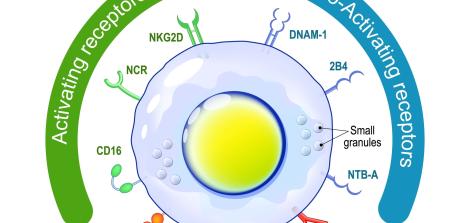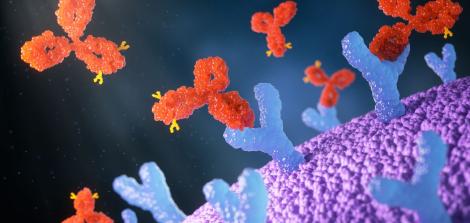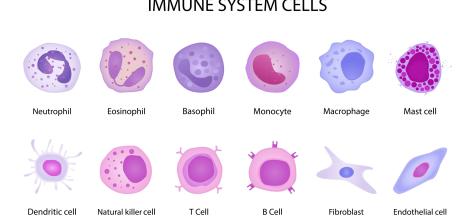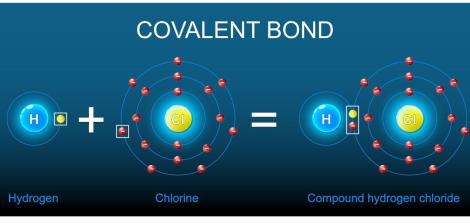Cell Epigenetics

Cell epigenetics refers to the interaction between lifestyle and environment and our genome. In other words, although the genetic code cannot be changed, gene expression can be influenced by environmental factors. As a result, people with identical genetic makeup (such as identical twins) do not necessarily look, function, or get sick in the same way.
Biologically, this refers to changes in gene function that are heritable but do not result from changes in the DNA sequence itself. Instead, they stem from chemical and environmental factors that regulate gene expression. In other words, all the body’s cells contain the same genetic material, but thanks to epigenetic mechanisms, different cells express different genes and specialize in various functions, such as muscle, nerve or skin cells.
Therefore, the main epigenetic mechanisms influence the accessibility of DNA segments for the transcription process; that is, they determine whether a gene will be “activated” or “silenced.” Epigenetics also connects environment and heredity: diet, psychological stress, exposure to toxins, and even childhood experiences can alter patterns of gene expression in cell. In some cases, these changes may be passed on to future generations.
This field has revolutionized our understanding of cancer, neurology, aging, and embryonic development, highlighting that genetics is not an unchangeable fate but rather a dynamic and responsive system. Epigenetics offers therapeutic hope in that it may be reversible- and perhaps even deliberately altered.
For more on viruses that change the epigenetic signature of the cell, see the interview with Prof. Meital Gal-Tanamy on the Dangoor website >>
Last Updated Date : 31/07/2025








